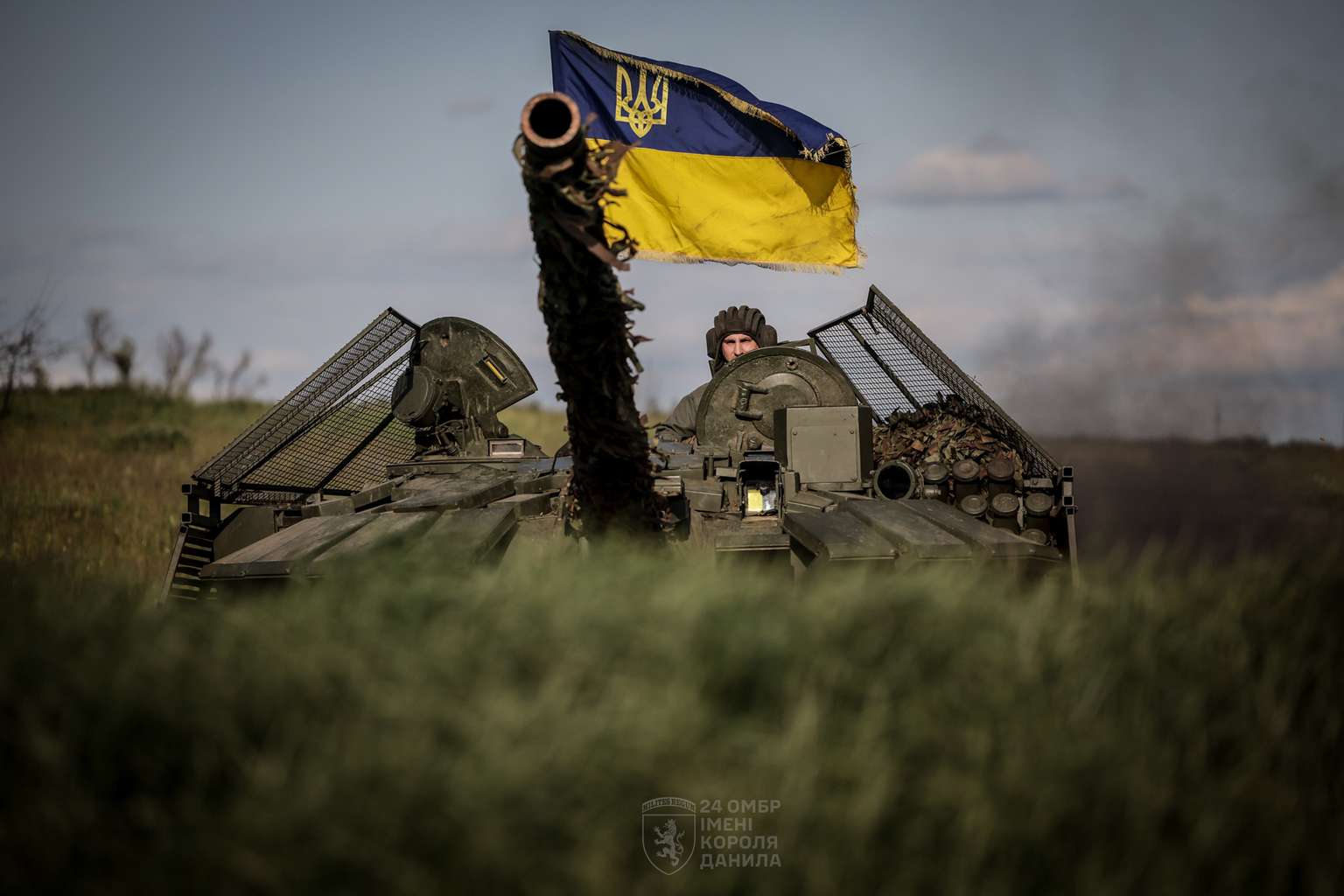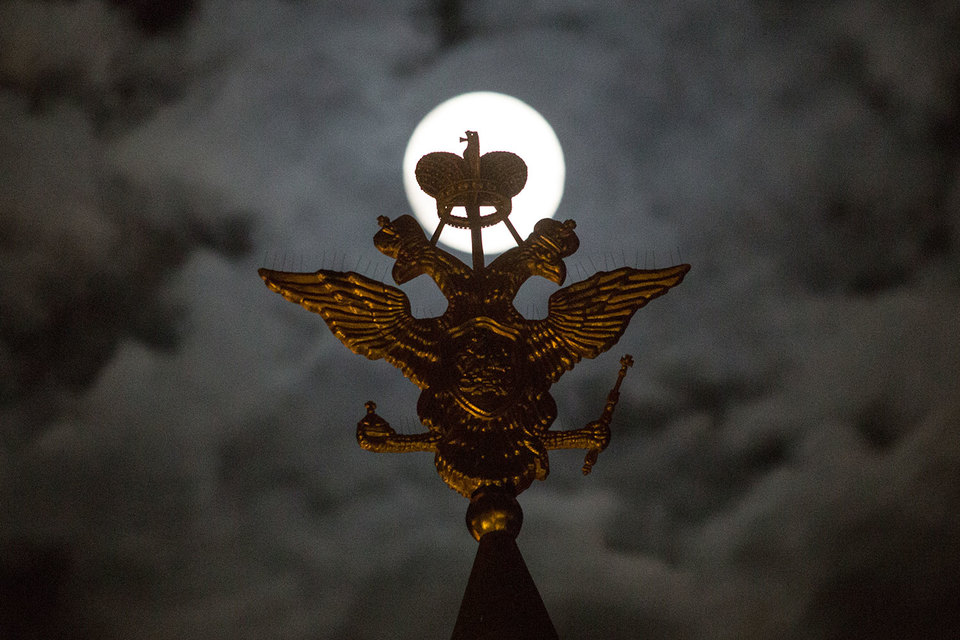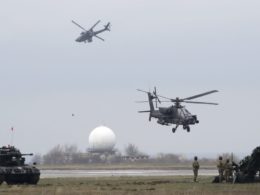More than two years after Russia invaded Ukraine, the West, remarkably, still lacks a unified strategy. Though it has supplied desperately needed weapons and ammunition, it has done little else to address Ukraine’s needs.
What would an effective strategy look like?
For starters, Western governments need to establish shared goals:
- Ukraine must expel Russian forces and recover all the territory that it has lost since 2014;
- Russia must be forced to pay war reparations to compensate Ukraine (the World Bank estimates that reconstruction will cost about $500 billion over the next decade);
- the thousands of Ukrainians who have been deported to Russia must be allowed to return;
- and the tens of thousands of suspected war crimes committed by Russian troops must be prosecuted and punished.
Russia must lose the war militarily
The West can no longer get away with promising to support Ukraine “for as long as it takes.”
Losing the war is the best thing that could happen to Russia. Historically, military defeats have usually led to reforms and a change in leadership – as happened after the Crimean War (1853-56), the Russo-Japanese War (1904-05), and the war in Afghanistan (1979-88).
Vladimir Putin has re-introduced Stalinist-level repression and opted for eternal war, a project that is likely to end in his demise. While it is ultimately up to Russians to effect regime change, the West should welcome the prospect.
Losing the war is the best thing that could happen to Russia.
Many believe that Russia has the advantage in a long war, simply because its population and economy are larger than Ukraine’s (though the United States was defeated in Vietnam and Afghanistan after long wars). Whatever the case, a longer war undoubtedly will cost everyone much more.
That means delivering all the best conventional arms to Ukraine as soon as possible rather than continuing the current drip-feed of old weapons. Nobody can put such weapons to better use than Ukraine’s skillful soldiers.
If Ukraine were to lose, Russian forces would march further into Europe to fulfill Putin’s neo-Czarist ambition of restoring the Russian Empire.
Since Ukraine’s people are fighting and dying to defend Europe, the least the West can do is give them all they need to win. Denmark and the Baltic states have set an example others should follow.
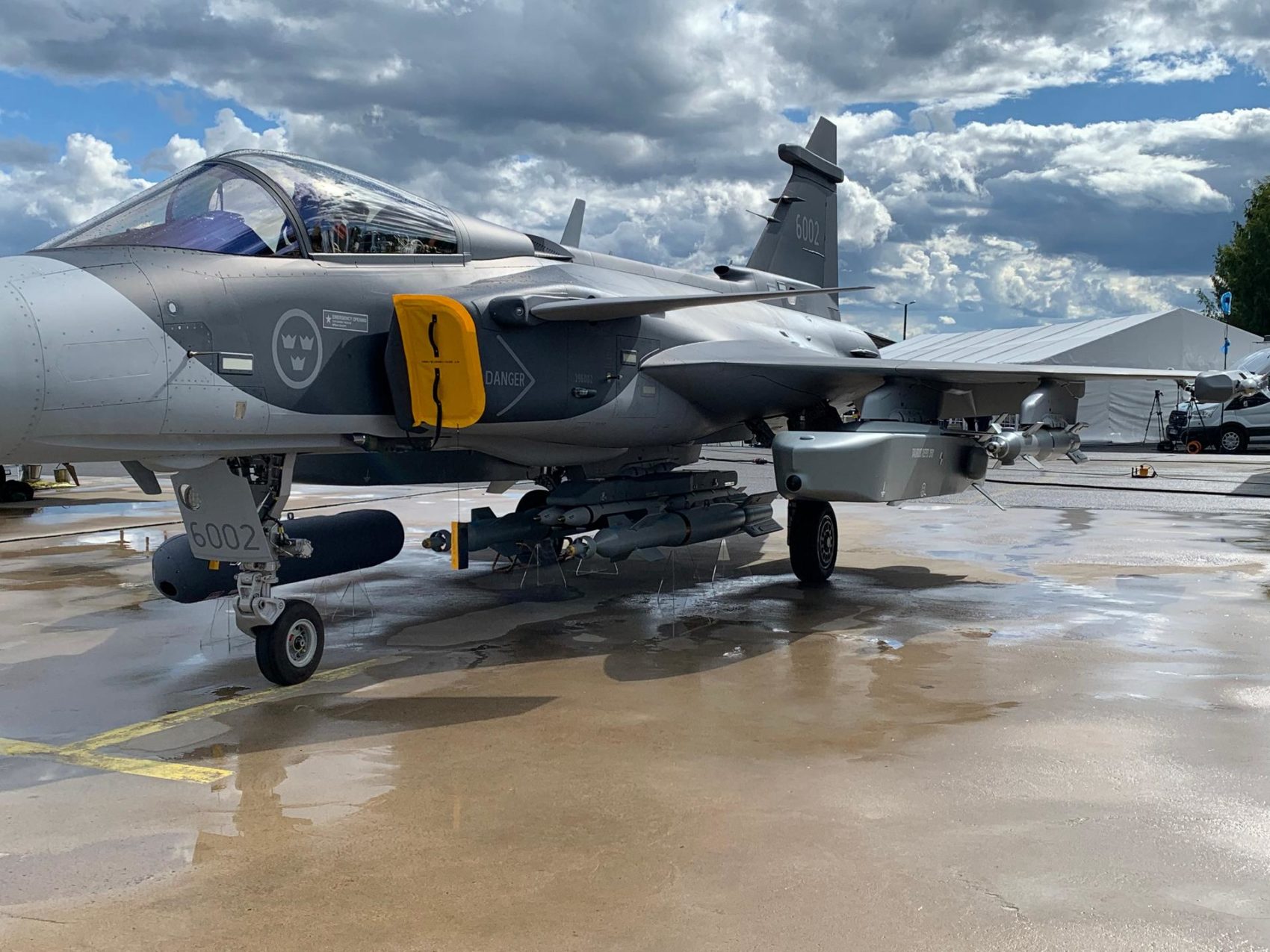
Specifically, the West should furnish Ukraine with potent long-range weapons – such as ATACMS and Taurus missiles – as well as a strong air force so that it can gain supremacy over the skies. With thousands of Westerners having volunteered to fight for Ukraine on the front lines, why shouldn’t Western pilots join, too? Ukraine needs proper air defense.
Absurdly, the West has made Russia, rather than Ukraine, a no-fly zone.
Since Ukraine’s people are fighting and dying to defend Europe, the least the West can do is give them all they need to win.
The eminent retired US Generals Ben Hodges and Philip Breedlove have long argued that Crimea is likely to be decisive. Similarly, in the mid-nineteenth century, Pavel Nakhimov, an admiral in the Imperial Russian Navy, observed that whoever controls Sevastopol (Crimea’s largest port) controls the Black Sea. Clearly, Ukrainian control of that city should be a major strategic goal.
To cut Russia off from Crimea, Ukraine also will need to destroy the Kerch Strait bridges to the peninsula.
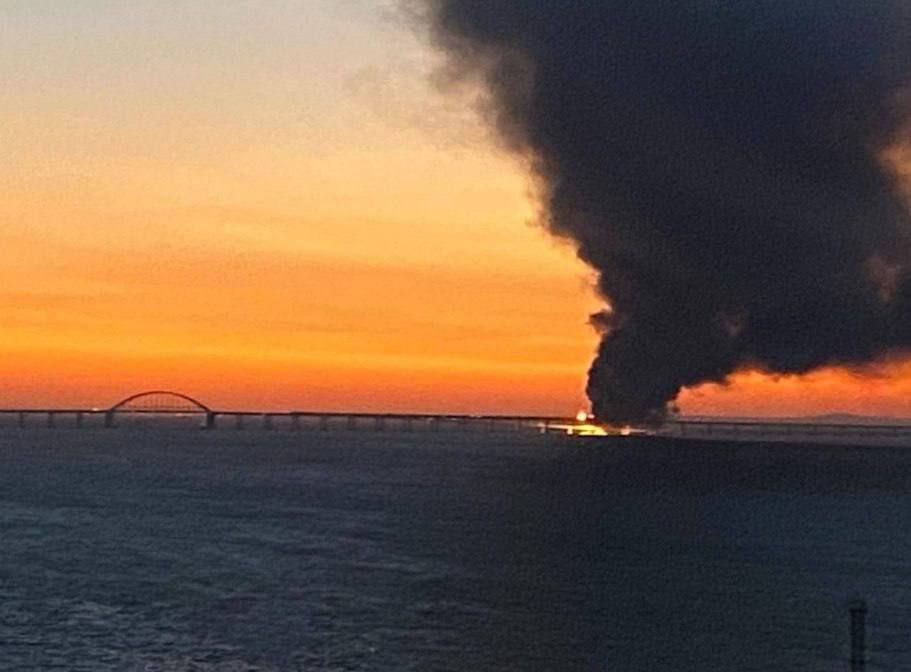
West should confiscate frozen Russian reserves, penalize companies still in Russia
To force Russia to pay war reparations to Ukraine, the West should confiscate the $300 billion of Russian central bank reserves that it has frozen. Canada and the US have already adopted laws authorizing such a move; they should follow through, and the European Union should follow suit.
It is unconscionable that Russia can violate international laws with abandon and still have its property shielded in the West.
While Western sanctions on Russia have had some bite, they must be strengthened.
Owing to the existing sanctions, the Russian economy has not grown since 2014, and its export revenues fell by 26% last year.
Western countries have already rescinded Russia’s most-favored-nation status, and bounded tariffs permitted by the World Trade Organization are very high.
Since Western countries trade so little with Russia, higher tariffs will no longer have any meaningful impact on their domestic inflation. And since the customs system functions well, enforcement problems would be minimized.
During the Cold War, Western governments cooperated through the Coordinating Committee for Multilateral Export Controls (CoCom), headquartered in Paris. That body should be restored to ensure more effective control over sensitive exports to Russia.
Personal sanctions also need to be coordinated, reinforced, and streamlined. All sanctioning jurisdictions should agree on similar rules, impose the same sanctions, and exchange classified information about the reasons for them.
Meanwhile, Russians who condemn the war and withdraw from Russia should be delisted in all jurisdictions. Secret ownership in the West by sanctioned oligarchs should no longer be tolerated.
Similarly, the West needs to start thinking about how to penalize Western companies that continue to work in Russia and support the Russian government with taxes and other benefits. One reasonable idea is that they be forced to pay penal taxes commensurate to what they pay to Russia.
Western companies continuing to work in Russia could be forced to pay penal taxes commensurate to what they pay to Russia.
Finally, the EU should start accession negotiations with Ukraine, and NATO should use its 75th-anniversary summit in Washington in July to extend a formal membership invitation to Ukraine. A large majority of NATO members already supported doing so at last year’s summit in Vilnius. There is no reason not to follow through this year as part of a broader unified Western strategy.
Related:
- The Case for Ukraine’s NATO Accession
- Europe finds its courage to stand up to Russia
- Pentagon: Ukraine can use US weapons only on the battlefield in its territory
- The G7’s frozen asset fiasco: a masterclass in self-sabotage
Copyright: Project Syndicate. This article was published by Project Syndicate on 15 May 2024 and has been republished by Euromaidan Press with permission.
Editor’s note. The opinions expressed in our Opinion section belong to their authors. Euromaidan Press’ editorial team may or may not share them.
Submit an opinion to Euromaidan Press




